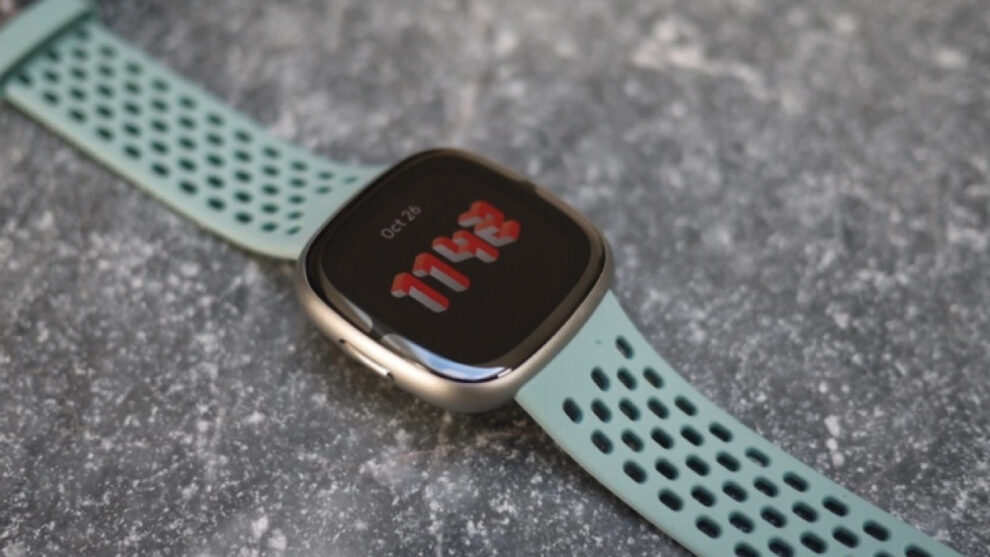In a move that’s taken the tech community by surprise, Google has announced plans to remove third-party apps and clock faces from all Fitbit smartwatches in the European Union. This decision has sparked a wide range of reactions from users and developers alike, with many wondering about the implications for the future of Fitbit’s ecosystem. Here’s everything you need to know about this significant change.
Key Highlights:
- No Third-Party App Support: Fitbit has confirmed that its new Sense 2 and Versa 4 watches will not receive support for third-party apps and clock faces, a departure from previous models which supported these features.
- Community Response: The decision has been met with disappointment from the Fitbit community, as many users valued the customization and extended functionality that third-party apps and clock faces provided.
- Potential Reasons: Speculation suggests that the move could be aimed at differentiating the Fitbit products from Google’s own Pixel Watch, potentially by reserving certain features exclusively for the Pixel Watch to boost its appeal.
- Feature Limitations: The new Fitbit models, lacking third-party app support, also miss out on other functionalities like offline music storage, music control, Wi-Fi connectivity, Google Assistant, and more, making them less competitive against other smartwatches and fitness trackers on the market.
Introduction to the Decision
Google’s recent announcement to phase out third-party apps and clock faces from Fitbit watches in the European Union marks a pivotal shift in the company’s strategy towards its wearable devices. This change impacts the Fitbit Sense 2 and Versa 4 models, which will no longer support these features. The decision has sparked discussions among users and tech enthusiasts regarding the future of Fitbit’s platform and its integration within Google’s broader ecosystem.
Implications for Users and Developers
The absence of third-party app support on the latest Fitbit models has left many users disappointed, as it restricts the level of personalization and functionality previously available. This move could also affect developers who have invested time and resources in creating apps and clock faces for the Fitbit platform, as it limits the audience for their products. Additionally, the decision may influence consumers’ buying decisions, potentially leading them to consider alternative devices that offer a more open ecosystem.
Possible Motivations Behind the Move
While Google has not provided a detailed explanation for its decision, several theories have emerged. One prevalent speculation is that Google aims to differentiate Fitbit’s offerings from the Pixel Watch, possibly by preserving certain exclusive features for its flagship wearable. This strategy could be intended to strengthen the Pixel Watch’s position in the market, especially against competitors that offer more extensive app ecosystems.
Comparing to Predecessor Models
The lack of third-party app support and other features in the Sense 2 and Versa 4 models marks a significant step back from their predecessors. Previous Fitbit models, including the Sense, Versa 2, and Versa 3, offered support for third-party apps and clock faces, along with functionalities like offline music storage and Wi-Fi connectivity. This change has led some to view the newer models as less attractive options, considering the reduced feature set.
Google’s decision to remove third-party apps and clock faces from Fitbit watches in the EU has led to a notable shift in the wearable market. This move raises questions about the future direction of Fitbit under Google’s ownership and how it will compete with other smartwatches and fitness trackers offering more open platforms. As the situation develops, users and developers alike will be closely watching for any further updates or changes to Google’s wearable strategy.








